In late 2011 while reading a newspaper in a local pub, I came across an article stating that the Ministry of Defence had launched an investigation into 14 known sites across the UK that might contain residue of chemical and biological weapons. On a subsequent visit to the UK, I decided to explore some of these sites, photographically. In the meantime, my research started to uncover more and more of these sites had at one time had been used to manufacture, test, store and dispose of these weapons.
Little was I to know that over the next eight years I would uncover over 92 of these sites across the UK
In early 2020, I published the findings of my research in the book ‘Project Cleansweep‘. The book is not just a book of photographs, but a visual investigation into the culture and remnants of the post military landscape, interspersed by archival images, de-classified documents and video stills. Objects found at these sites, along with items acquired from local residents and on EBay.
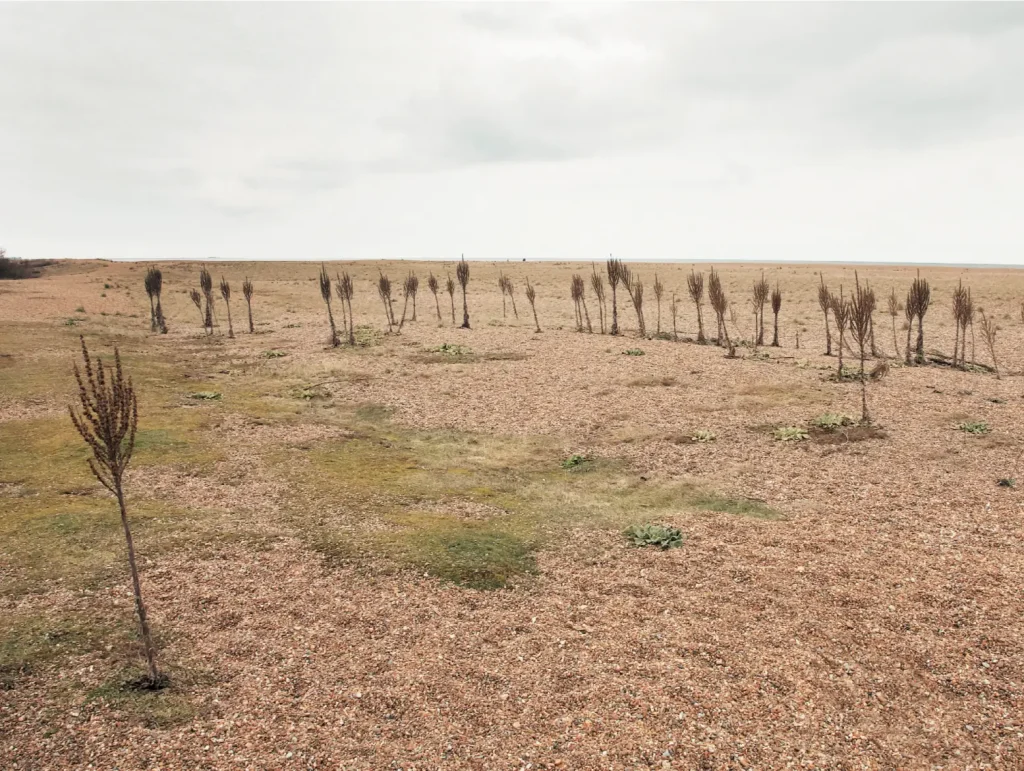
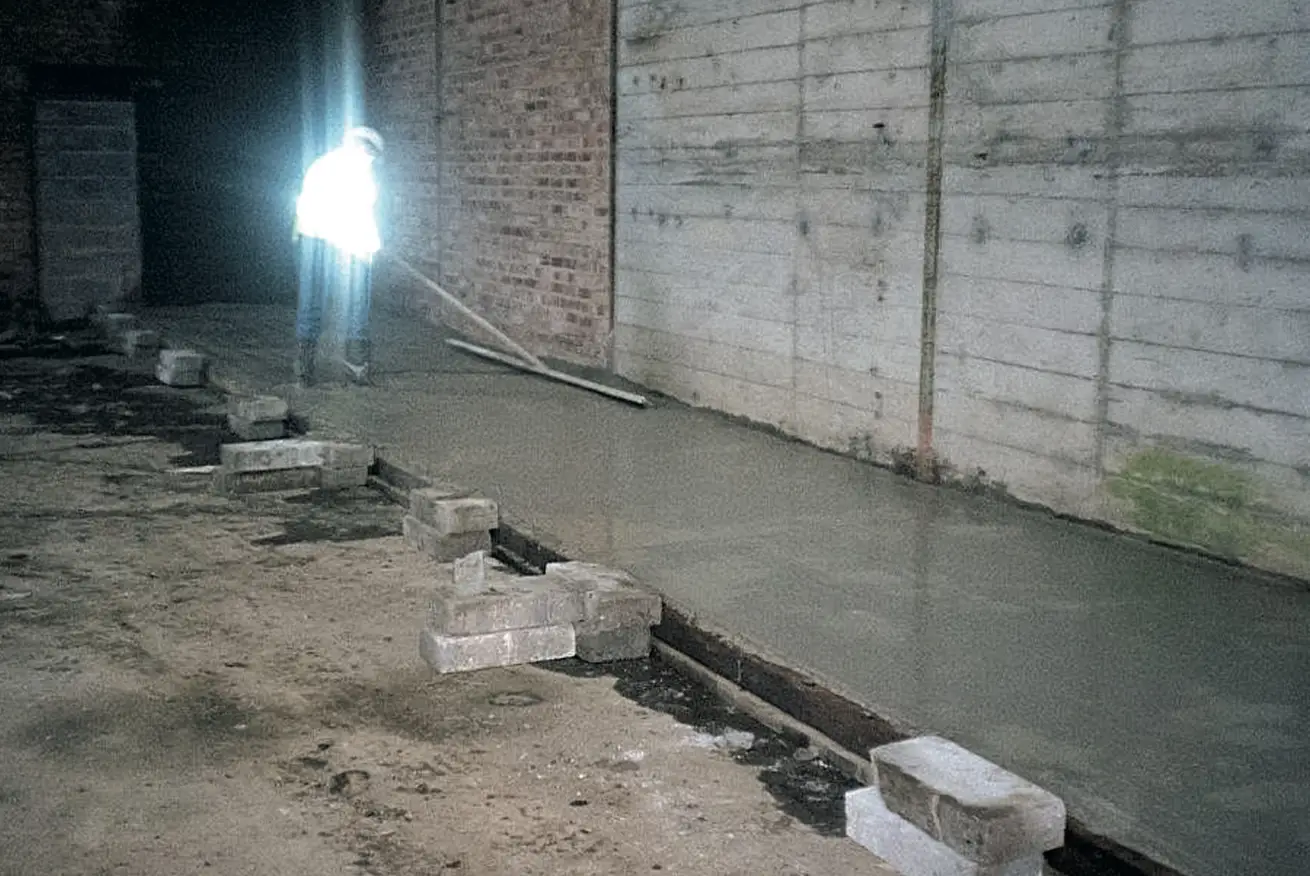
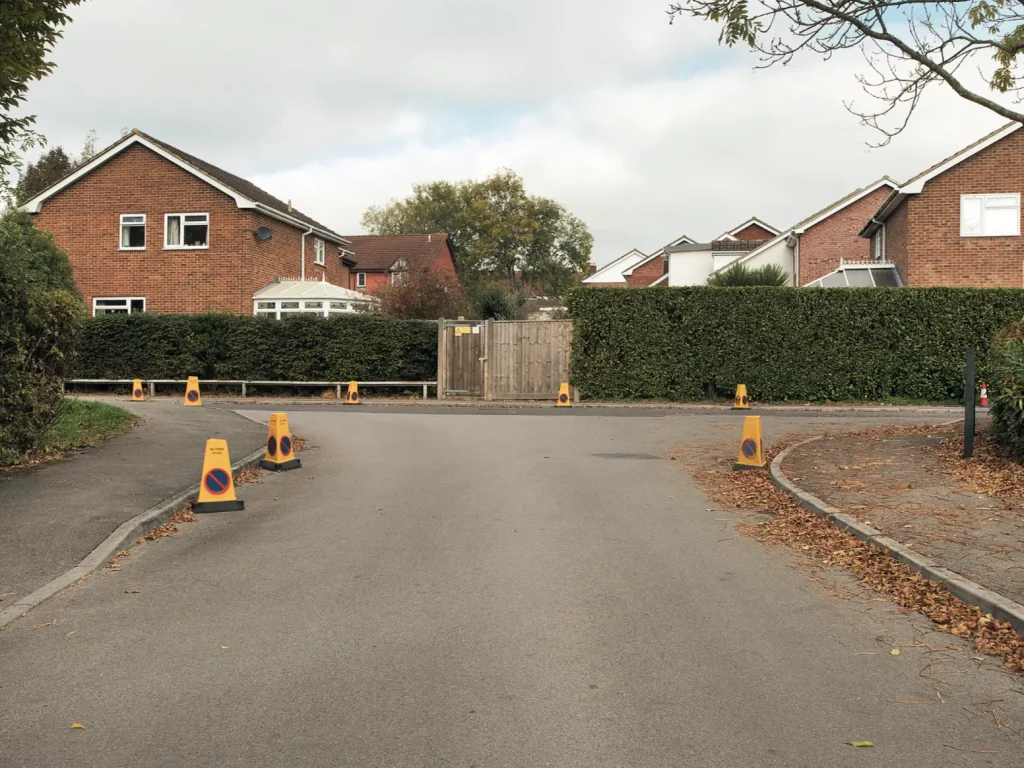
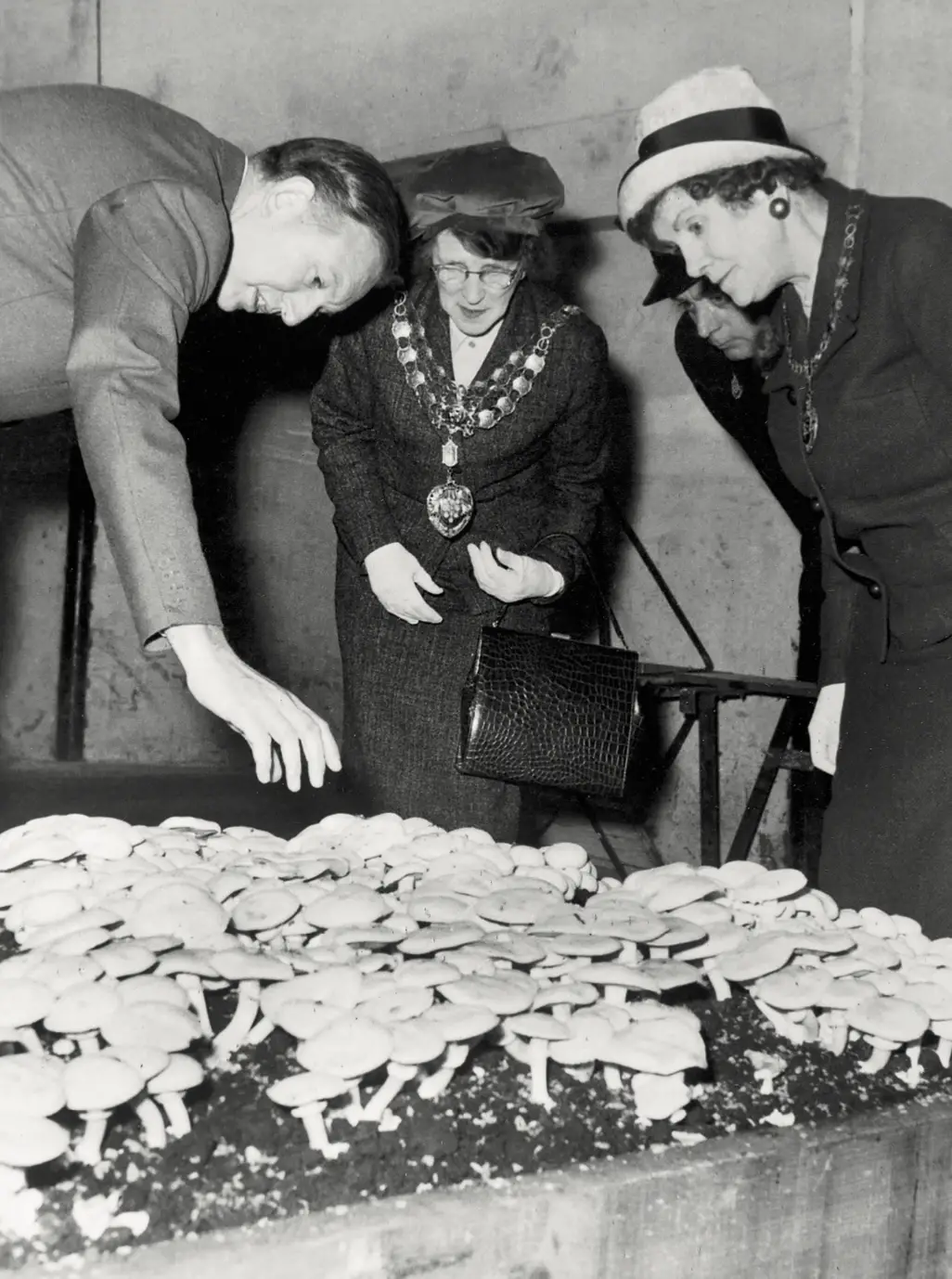
The situation I found myself at the start of the project research was not the most agreeable for a person with a partner and two very young children, and a mortgage to pay. But with doing extra work both in my business and at home I could drive to the UK and do focused short bursts of production over the mid-term breaks, summer and Easter holidays for a maximum of one week each. In retrospect, this gave me the time to evaluate the work time and time again.
On winter evening in late 2015, I struggled in a McDonalds restaurant in Milton Keynes to get an application in for the Solas Photography Prize. Finally making sure it was sent properly there, just before closing time. This attempt was a last-ditch effort for my project as I had come to a place where I thought I must be mad, and this work was really going nowhere.
Within a month, I got a call from the Gallery of Photography in Dublin to say that I had been chosen as runner up for the Solas Prize. With this boost of recognition and acceptance that the work had value, it gave me the drive to continue the work.
Over the next few years there was 8 solo shows and numerous group shows of the project with many online publications and the opportunity to tour this body of work in a social experiment and public engagement exercise with the University of Kent at Canterbury. With this we visited 10 communities, located next to or near these sites all over the UK, over a period of a weekend, to engage with the public in a village/community hall exhibition, talk and discussion/forum, with Prof Ulf Schmidt and several Phd. candidates
In the meantime, I was approached by several publishers to publish the work. None of them gave me the opportunity to make the dissemination of the photographs the main theme of a potential book.
How and ever in mid 2019, the photo book publishing house of Kehrer Verlag in Heidelberg in Germany found that I had a sincere and factual book of images that had an international appeal and asked me to publish the work with them, which I agreed.
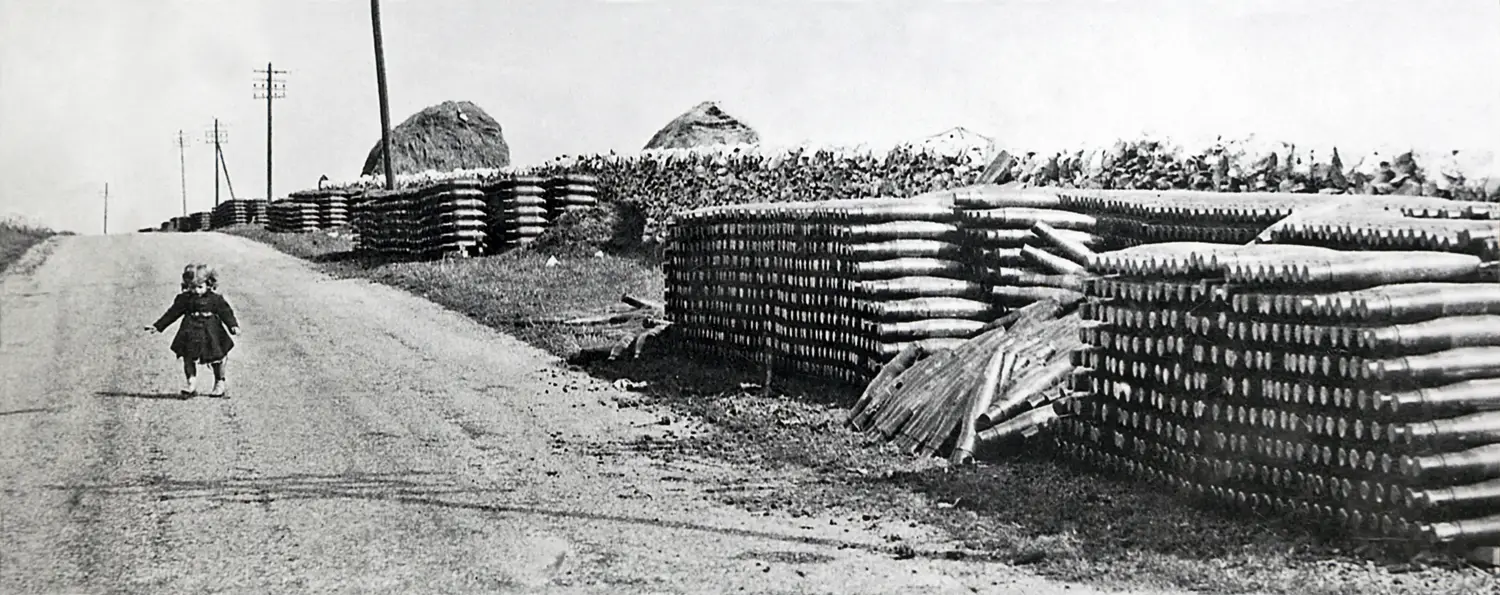
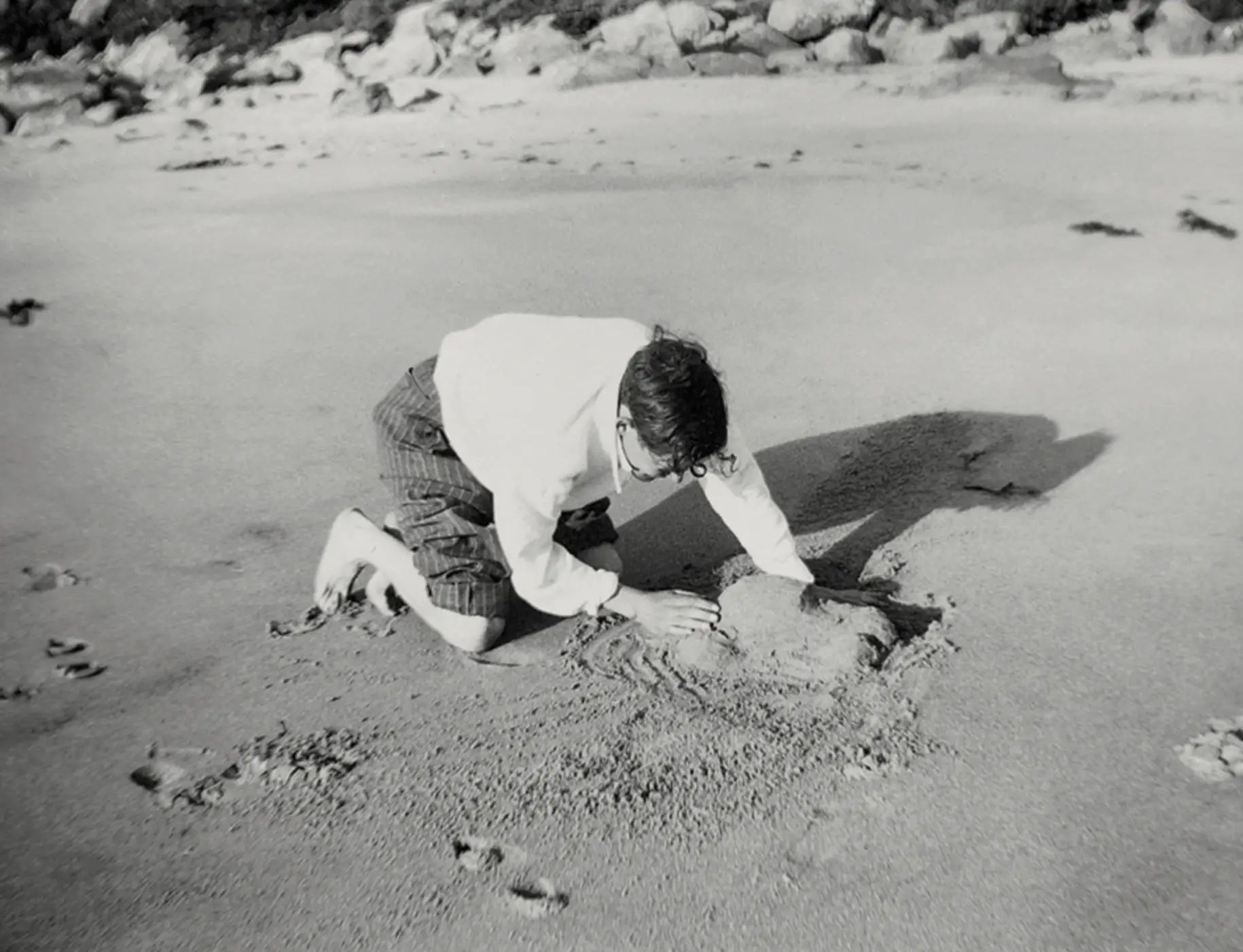
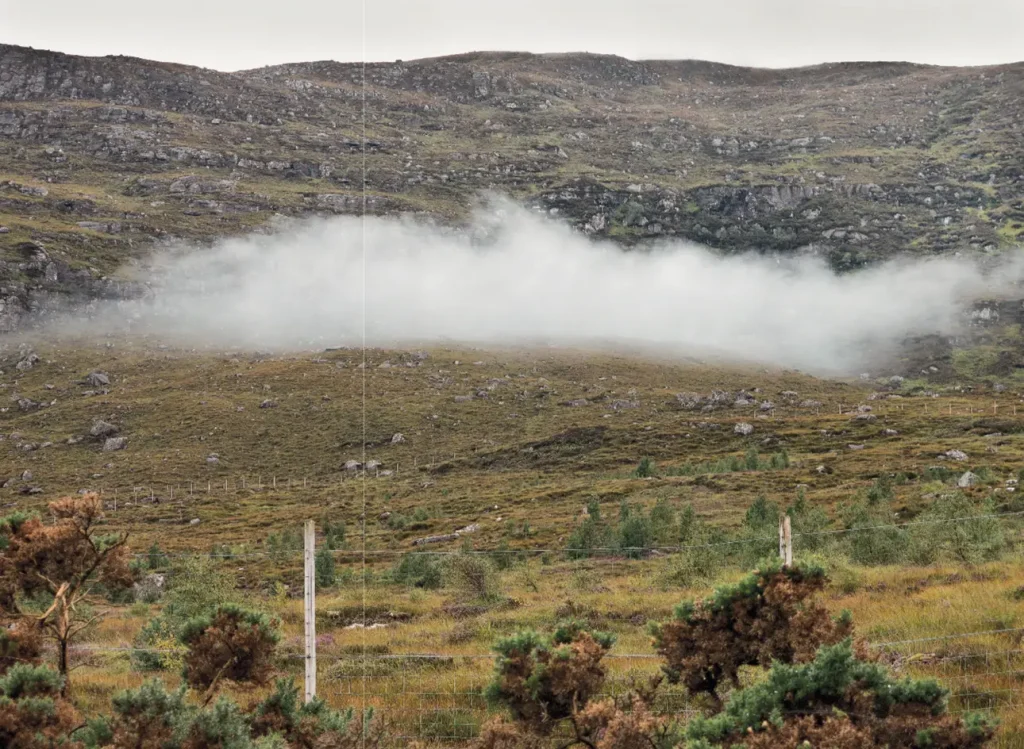
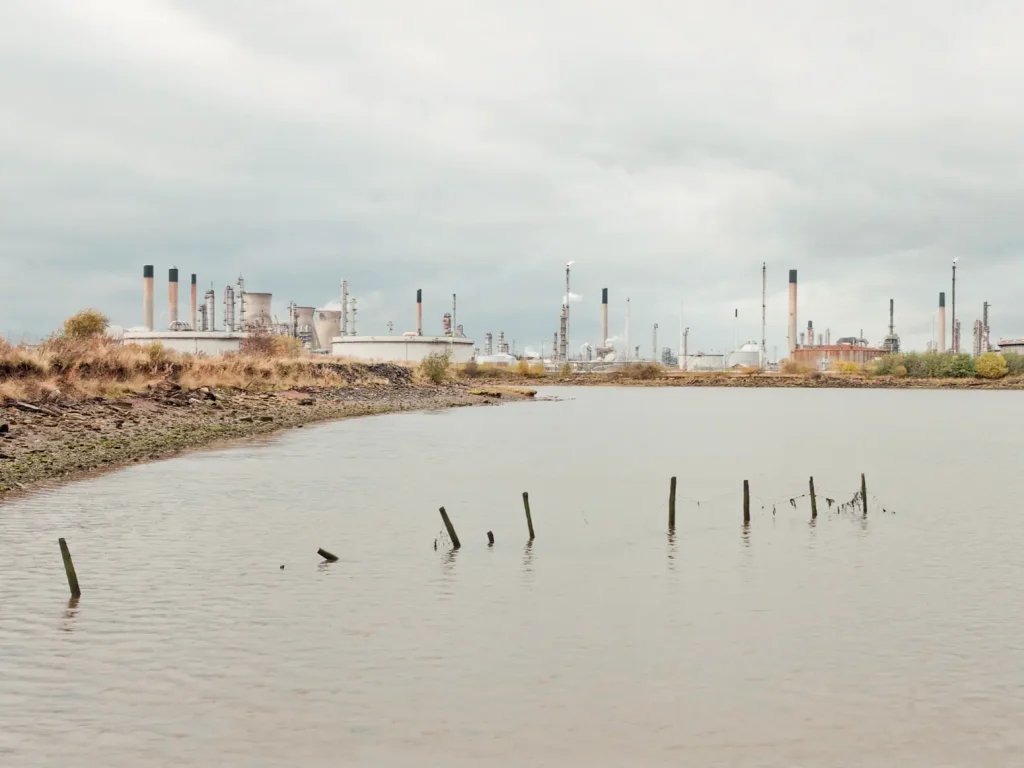
Working with them, in between running a Kickstarter online campaign and trying to promote the forthcoming publication occupied every waking moment of my spare time then. But with 6 months of consultations, designing the book and print supervision I shipped the book in early March 2020. Days after my first physical book launch in mid-March the whole country and much of the world then was locked down because of the Covid-19 pandemic.
Through the Kickstarter campaign I was fortunate to pre-sell approx. half my own 500 copies of the book, with further self-promos that sold another 100 copies. I have 5 physical book launches on hold, since the start of the pandemic, at Dublin, Belfast, London, Edinburgh and Hamburg. If, and when, they will happen, I don’t know, but I live in the hope that it will be sometime later this year. It might be another chance to boost sales again and get the project recognition
As am writing this I am already well into the process of designing my next photo book.
The book which will accompany a large solo show of my work at the Crawford Art Gallery this spring and summer. This new body of work will look at the actual sites where people of all backgrounds died during the Irish War of Independence. Second time around publishing, this process seems to be working more smoothly and easier than the last time. Decisions are easier to make and the process is not so scary, as before.
I am glad that I have gone through the process of publishing a book of photographs and look forward to publishing more over the next few years.
Project Cleansweep by Dara McGrath. Published by Kehrer Verlag, Germany 2020.
With contributions from Dr Robert MacFarlane and Prof. Ulf Schmidt.
The book is available now at: daramcgrath.com/publications
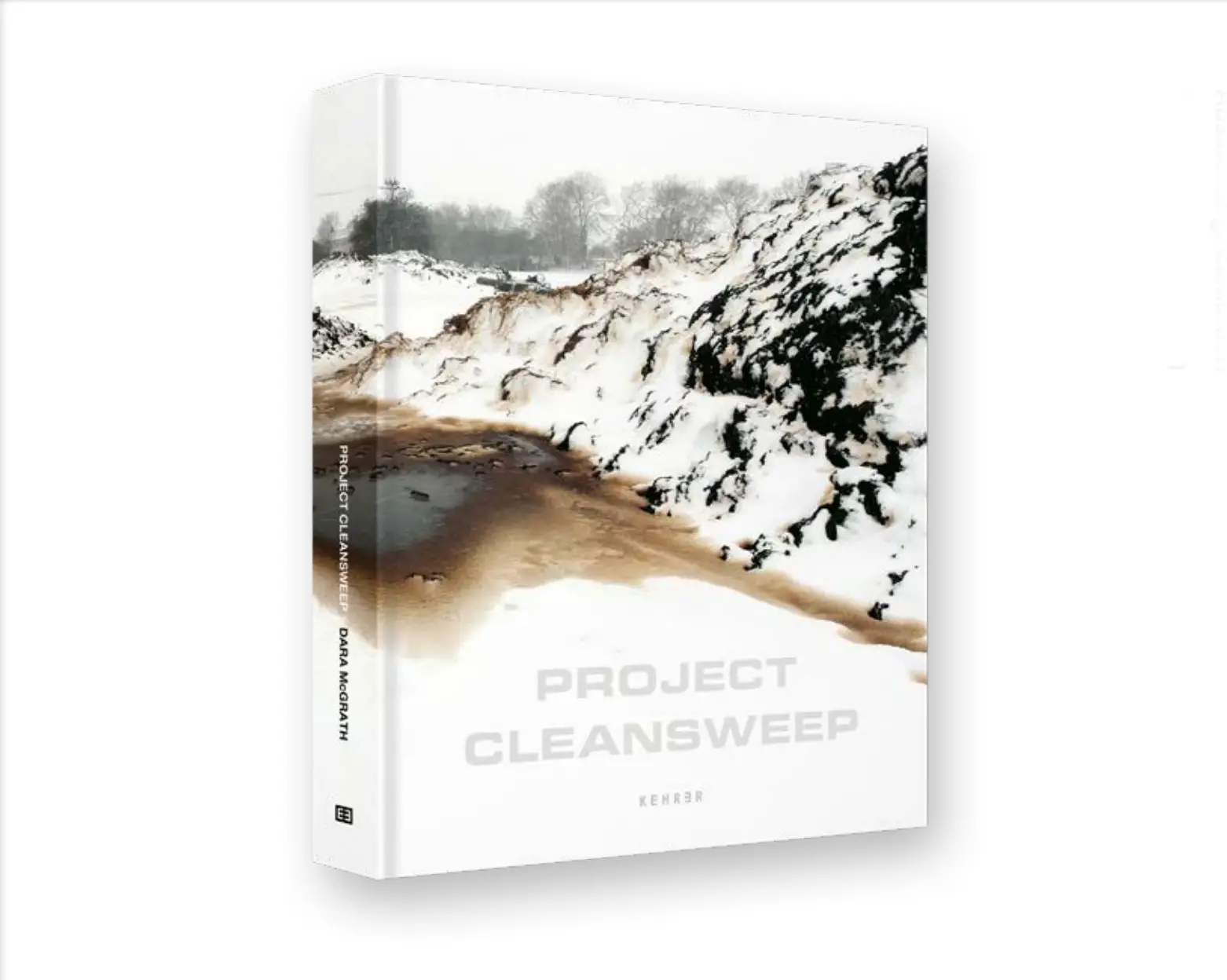
Share this post:
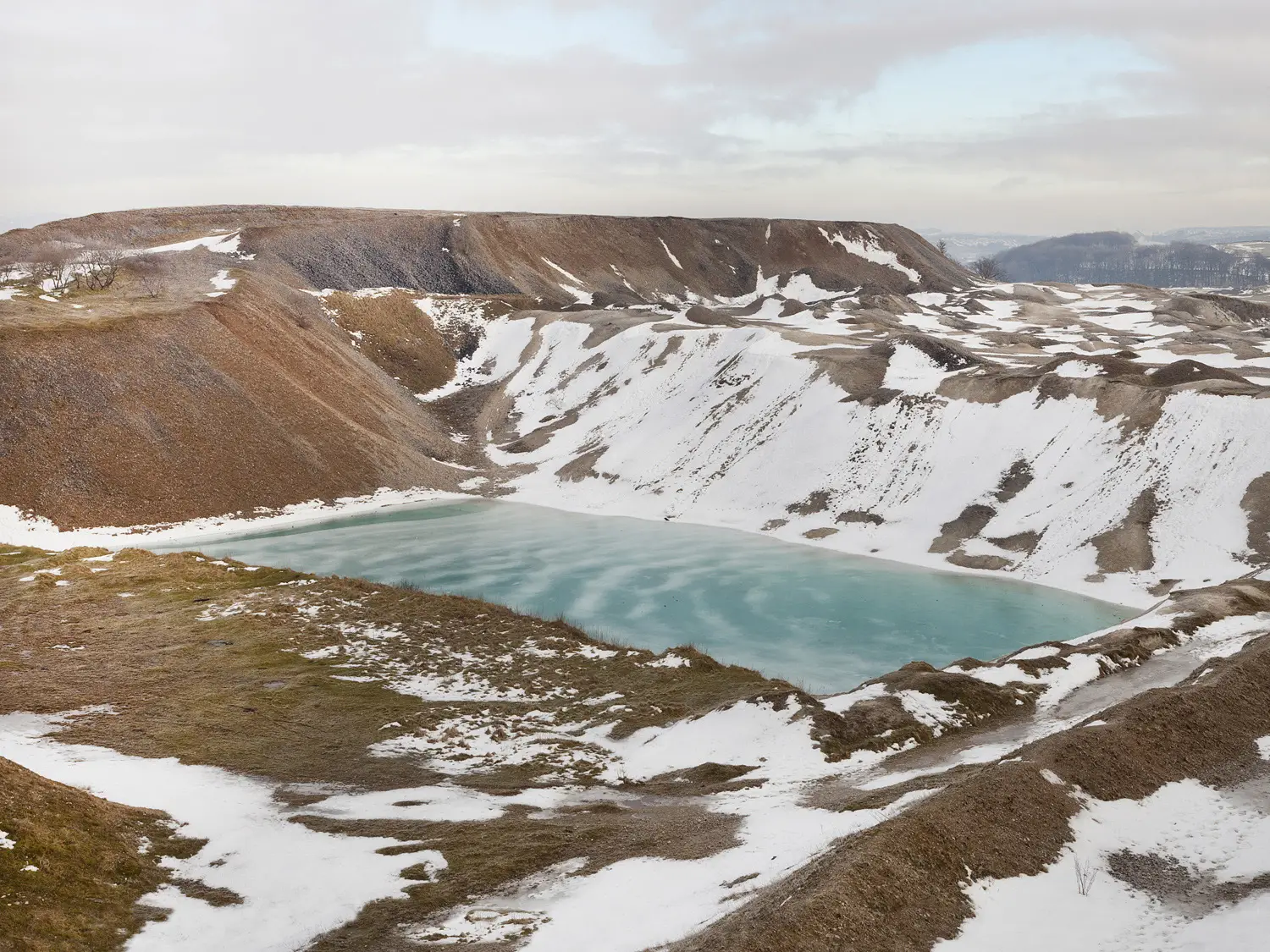
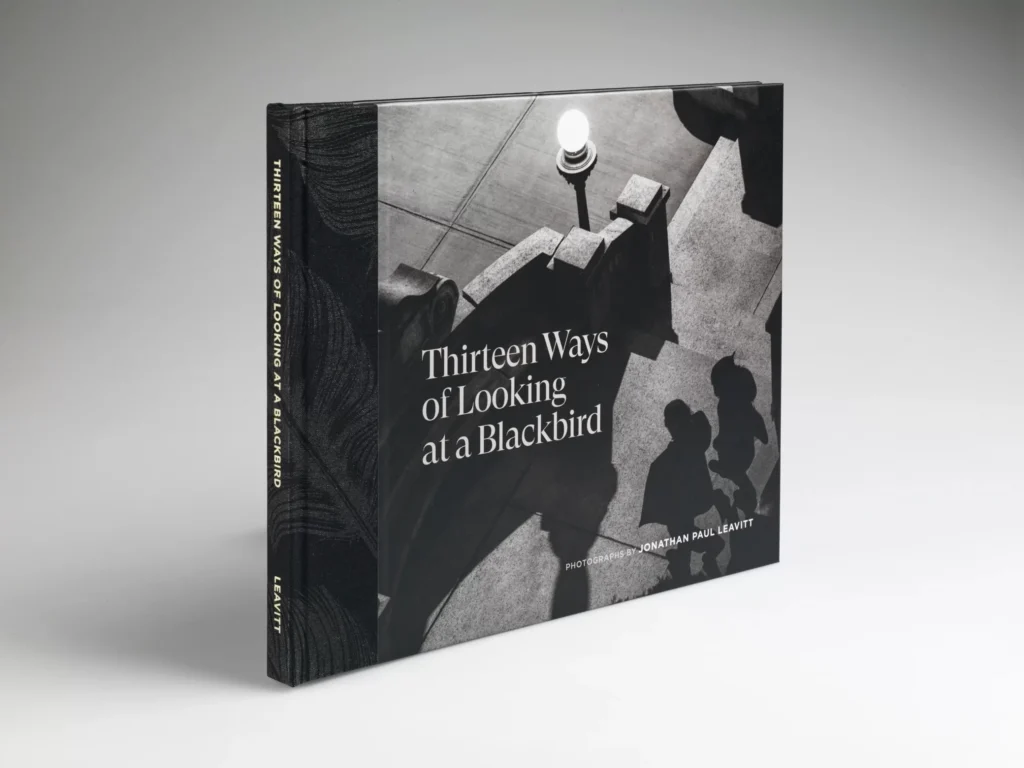
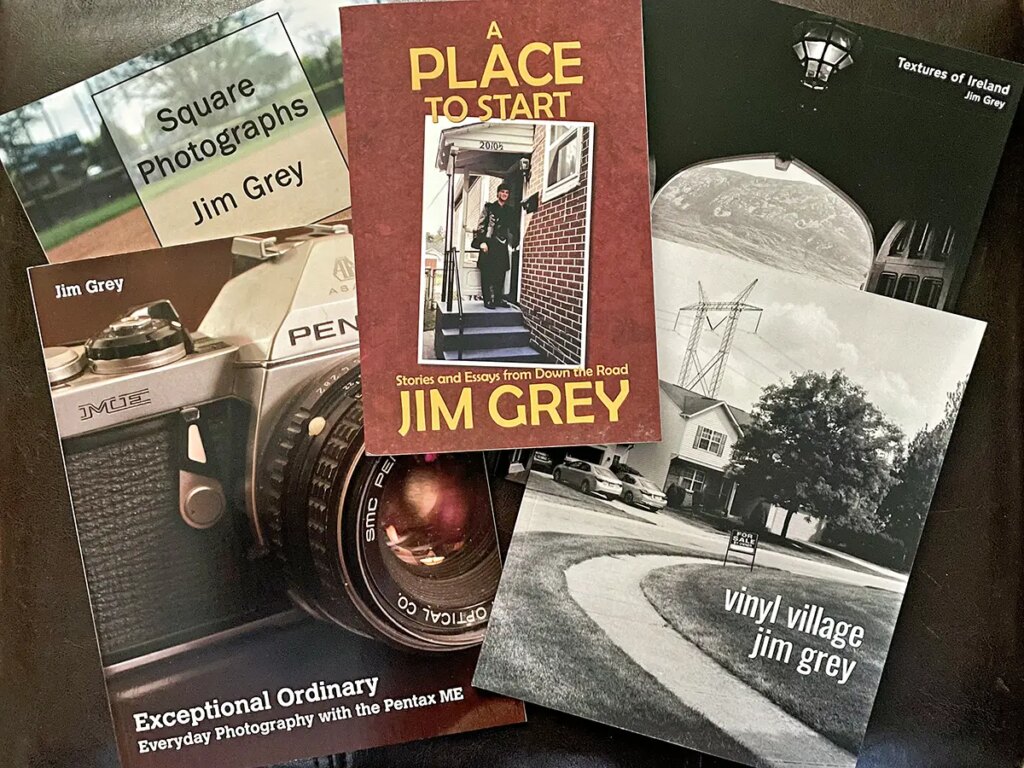
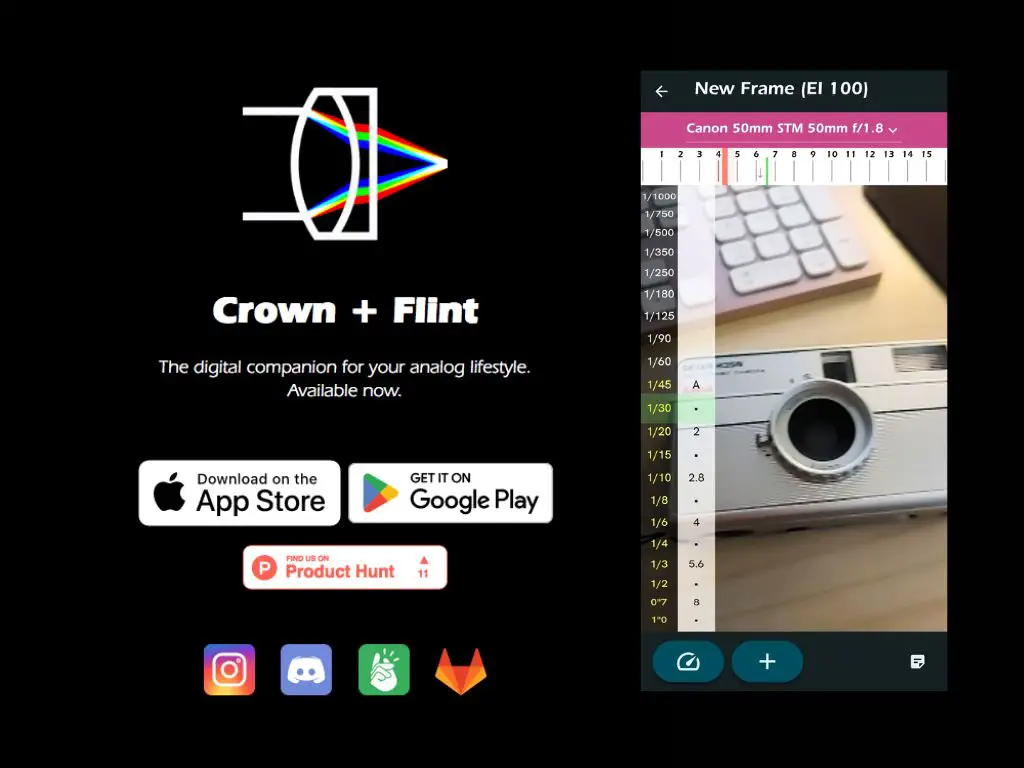
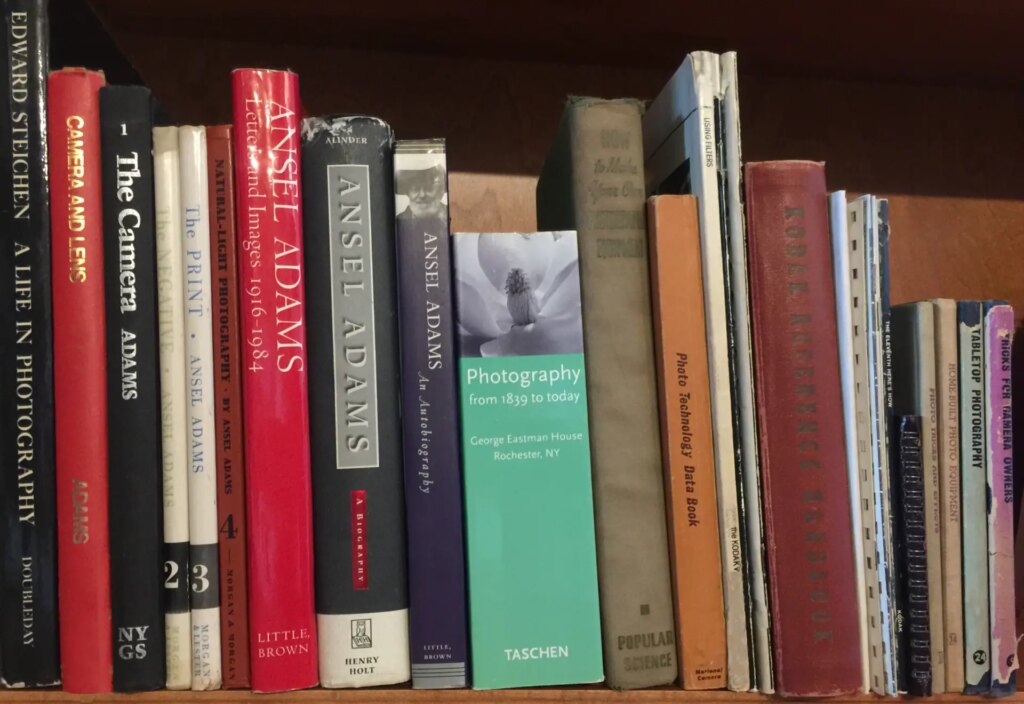




Comments
Gil Aegerter on ‘Project Cleansweep’ – Beyond the Post-Military Landscape of the United Kingdom – By Dara McGrath
Comment posted: 05/02/2021
Ted on ‘Project Cleansweep’ – Beyond the Post-Military Landscape of the United Kingdom – By Dara McGrath
Comment posted: 05/02/2021
The shameful legacy of chemical weapons is well know but rarely considered. I have worked with the OPCW (Organization of the Prohibition of Chemical Weapons) as well as the US Marines CBIRF (Chemical Biological Incident Response Force) we Canadians have our own teams . I know of and have been to some legacy sites and have documented the destruction of chemical weapons. In our archives we have film and images of soldiers that have been subjected to Mustard and the images are horrific. One chapter of our history is known as “The Suffield Volunteers” You may find that of professional interest Dana. I applaud your work, in fact I will see to it that we get a copy for the Defence Research & Development library. Interesting article Dara, good job.
AlistairH on ‘Project Cleansweep’ – Beyond the Post-Military Landscape of the United Kingdom – By Dara McGrath
Comment posted: 05/02/2021
I have ordered your book. I hope that it does not get caught up in the clusterfuck of the UK's leaving the EU!
About Rhydymwyn: Here is the result of a project that I did at Rhydymwyn over couple of years. Words and pictures...
https://www.blurb.co.uk/b/7897373-rhydymwyn-valley
I lived not far from the site for 24 years, but only knew about it for the last four. That is how secret it was!
After it became a nature reserve, I led a couple of photographic workshops there for "FORV" (the Friends of the Rhydymwyn Valley). Although I never normally do that sort of thing, I had a whale of a time!
I made the book before it was possible to access to the tunnels. I have a load more images from when I got into the tunnels later, so maybe there will be a second edition.
I now live not far from Edingham (https://www.dalbeattiematters.net/about-dalbeattie/edingham-munitions-factory) and have visited once. It is very dilapidated, but something photographic may come out of it.
Alistair
Michael J on ‘Project Cleansweep’ – Beyond the Post-Military Landscape of the United Kingdom – By Dara McGrath
Comment posted: 06/02/2021